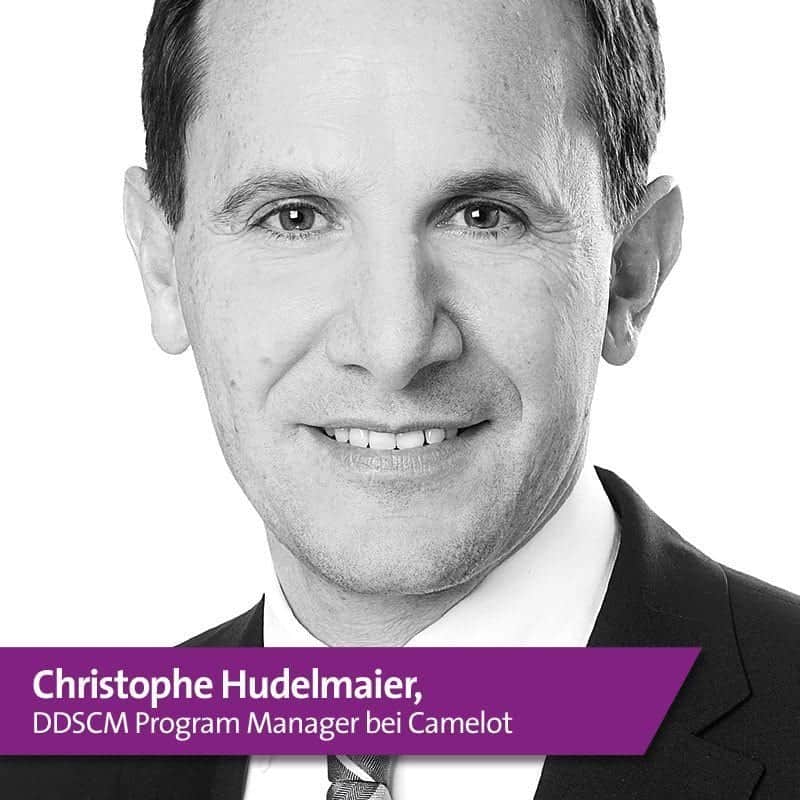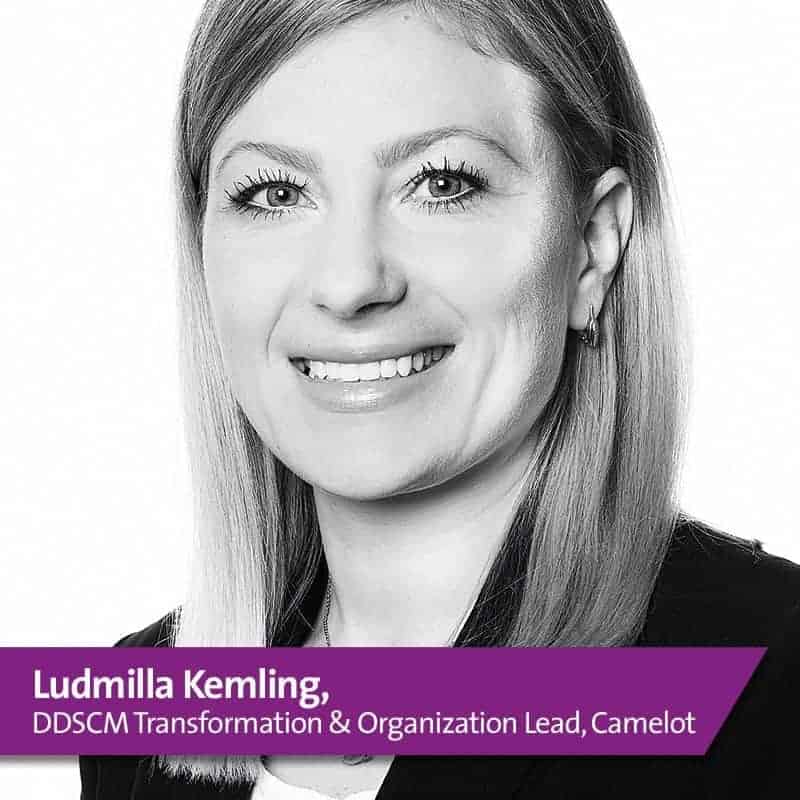DDMRP is just the beginning


A company has implemented DDMRP - all's well that ends well?
Christophe Hudelmaier: Companies that implement DDMRP benefit from quantum leap performance improvements. As a result, they have already achieved a great deal. Actually, this is just the beginning of the journey.
How does the journey continue?
Hudelmaier: DDMRP is effectively the engine that enables customer demand-driven supply chain planning at the operational level, with the corresponding significant improvements.
The achievable benefits will be disproportionately greater if customer demand orientation does not stop at the operating model. To be fully demand-driven, the principles of customer demand orientation must also be continued at the tactical and strategic level, namely in the form of demand-driven sales and operations planning ("Demand-driven Sales & Operations Planning") and adaptive sales and operations planning ("Adaptive Sales & Operations Planning").
When these three levels are established in a company, controlled with appropriate key figures and closely coupled with each other, the highest form of customer demand orientation is achieved: the Demand-driven Adaptive Enterprise (DDAE).
What does this do for companies?
Hudelmaier: In addition to operational performance improvements, far-reaching sales and growth leaps as well as efficiency gains can be achieved.
The further a company is on its way to becoming a Demand-driven Adaptive Enterprise, the more extensive and strategic the benefits that can be achieved in stages also become.
How do companies get there?
Ludmilla Kemling: Of course, companies cannot transform themselves into a DDAE overnight. This requires a step-by-step transformation that anchors the demand-driven mindset in the company and simultaneously ensures the necessary system support.
How does the transformation succeed?
Kemling: Demand-driven challenges some of the "immutable truths" in an organization that have been taken for granted for years.
The focus of many roles in the company will change completely. The introduction of DDSCM is therefore above all a business transformation that must be strategically planned and implemented.
Through years of experience in IT projects and business transformations, Camelot has developed an approach to successfully address the unique challenge of a DDSCM implementation in the enterprise.
What does that look like in concrete terms?
Kemling: Through Envisioning Sessions, top management is educated about the upcoming change and prepared for their role in the project through ongoing coaching.
In its role model function, top management should also drive the necessary cultural changes toward an agile "demand-driven" company.
Through playful simulations and awareness sessions, all stakeholders are gradually introduced to the core changes that the introduction of DDSCM means. Together, they work out the special features of the implementation for the company as well as the benefits for the functional areas involved.
Through boot camps, supply chain planning managers receive early concept and process training, simulations and certifications that prepare them for the new ways of working.
In addition, our experts accompany the implementation through clear and timely relevant communication on project progress, potential new challenges and realized business benefits.
Finally, what does the future hold in terms of DDSCM system support? What can SAP users expect?
Hudelmaier: As a thought leader for demand-driven concepts and pioneer in SAP-based demand-driven solutions, Camelot fully supports companies on their way to a demand-driven adaptive enterprise.
This includes solutions for DDMRP as a machine of DDAE as well as for Demand-driven S&OP and Adaptive S&OP, especially based on SAP Integrated Business Planning. The Camelot experts permanently develop the system-side solutions further with the support of the latest technologies.
One example is the AI-assisted parameter update feature in Demand-driven S&OP. The demand-driven journey is far from over.








